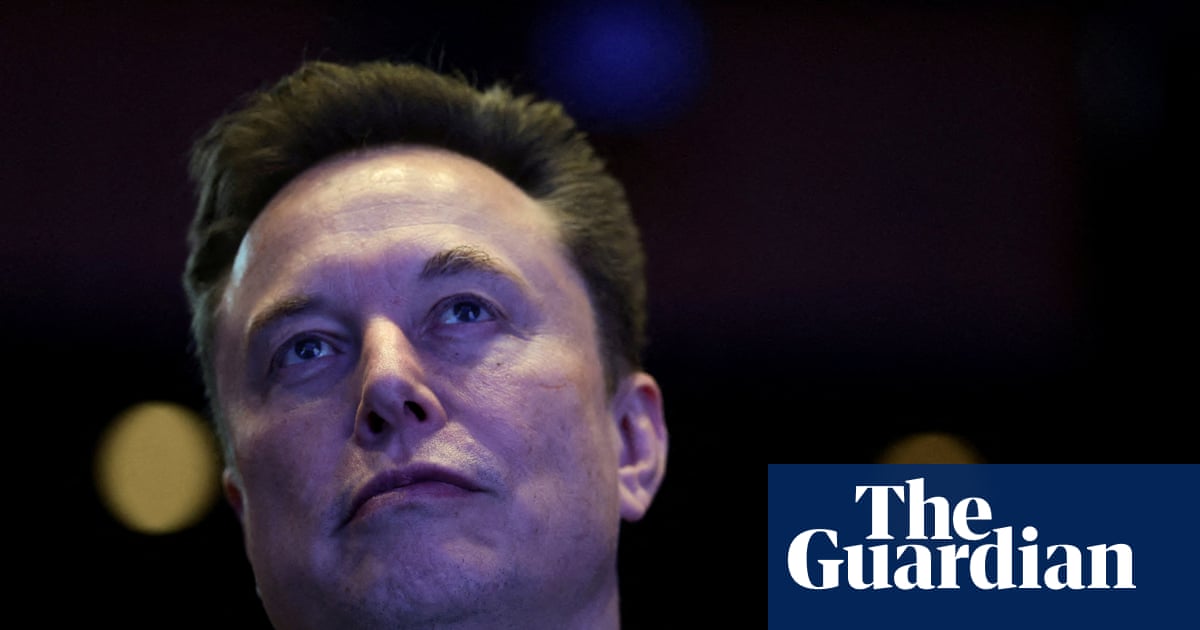A group of South Side residents and activists on Tuesday called for elected officials to halt development of the state’s quantum campus at the former U.S. Steel South Works site. Instead, they want the project’s funds to be invested in the community.
The rally, organized by Southside Together, comes more than a year after the Illinois Quantum and Microelectronics Park was announced. The campus received final approvals from the city of Chicago last year. Millions of dollars from the state, county and city have been earmarked for its development, which is expected to break ground before the end of the year.
Residents, gathered across from New Sullivan Elementary School, said elected officials haven’t done enough to inform neighbors about the development. They also expressed concerns over a lack of transparency, potential displacement and environmental concerns at the site.
Southside Together wants officials to rehabilitate the fallow land and invest in resources the community wants and needs.
Ariena Blackman, member of Southside Together and a South Chicago resident, said she didn’t learn about the park until a month ago. When Blackman heard about the 128-acre project, she said she “couldn’t fathom it.”
“Even though the facility would be built right across from where I live, nobody behind it — like the alderman or even the governor — have done anything to spread awareness about what’s coming to the community,” Blackman said. “I feel like it was very intentional and purposefully done in that way. If this is something good, they would actually want us to talk about it. They would actually want us to know about it.”
Developer Related Midwest and Mayor Brandon Johnson’s office didn’t immediately respond to a request for comment.
The park has held at least five community meetings since the project was proposed. The latest recorded community meeting on the development’s website is from March.
Other activist groups, such as the Coalition for South Works CBA and the Alliance of the Southeast, have held their own meetings to raise community awareness and gather feedback.
The quantum campus will sit on the southern end of the former South Works site, which shuttered in 1992. The land has been vacant ever since. The northern end of the site will be anchored by a new Advocate Health Care hospital.
Rendering of PsiQuantum’s facility at the former South Works site, which will have the country’s first utility-scale quantum computer.
What Blackman and other Southside Together members would rather see are new businesses and other resources like pharmacies and grocery stores. Walgreens closed some of its South Side locations early this year, leaving some South Chicago residents without a nearby pharmacy.
Blackman also pointed to vacant lots and abandoned buildings in the neighborhood, saying taxpayer dollars for the park could instead help redevelop those sites.
“We envision institutions that can be beneficial to the people who are here,” Southside Together member and Calumet Heights resident Yaa Angie Orokos said. “We envision investment grants right into the individuals and the community members who are here — grocery stores, hospitals, pharmacies. Walgreens just left out of this community. Our elders don’t have a pharmacy to go to to get that medication.”
Sanya Bhartiya, environmental justice organizer with Southside Together, said the organization would be open to new development as long as the land is remediate, and it doesn’t become a quantum computing campus.
The Illinois Environmental Protection Agency has said environmental remediation of the site is complete. It was evaluated as safe for public occupation in 1997 then reevaluated in 2006 and 2010. But toxins and heavy metals like arsenic still remain on the site, activists said.
Dawn Johnson is a third-generation resident of South Shore. She lived in Louisiana for a few years and said the impact of environmental racism on families and homeowners of color was “undeniably visible.”
She sees a lot of parallels between Louisiana and what could happen at the park.
“It looks a lot like what we saw in New Orleans, where nontransparent developments polluted Black and Brown neighborhoods,” Johnson said. “Not only will this push us out of the neighborhood, it will raise the rent and property taxes in South Chicago and South Shore and cause gentrification — just like the Obama center is currently.”
Southside Together said it will continue to raise community awareness of the project and push for greater transparency.
The organization said it’s open to talking to city officials about the site’s future, as long as the affected communities are included in the conversation.









